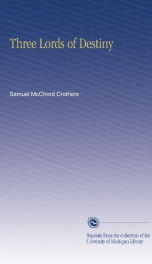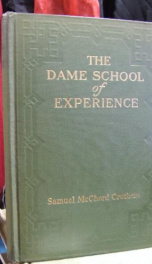ralph waldo emerson how to know him

The mind of Emerson was a searchlight revealing not itself but the various objects on which it successively turned. An intense and narrow beam of light would shoot through the darkness and reveal some object. Then it would pick up another object which would have its brief moment of visibility. The landscape was never revealed in any one view. The only way to know Emerson is to join him in his intellectual exercises. In spite of his personal aloofness I know of no one with whom we can more readily come to a feeling of intellectual intimacy. He had no pretensions and no reserves. In clear sentences he told us what from time to time he thought. He made no attempt to connect these thoughts into a coherent system. For any one else to attempt to do this would be to misrepresent him. In the short chapters which follow I have treated Emerson as a contemporary rather than as a writer of the last generation. His thought is as pertinent to the twentieth century as to the nineteenth. Indeed I think that in many respects we may be nearer to him than were those who first listened to him. The prejudices which he encountered have largely died away. The problems over which he was mediating remain. --This text refers to the Paperback edition.
Info about the book
Author:
Series:
Unknown
ISBN:
0679783229
Rating:
4/5 (2)Your rating:
0/5
Languge:
English
Users who have this book
Users who want this book
What readers are saying
What do you think? Write your own comment on this book!
write a commentif you like ralph waldo emerson how to know him try:
Do you want to exchange books? It’s EASY!
Get registered and find other users who want to give their favourite books to good hands!















